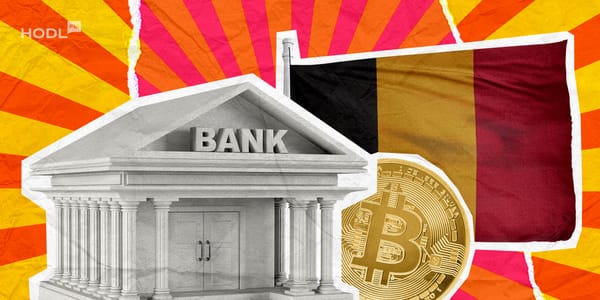Pavel Durov, the founder of Telegram, is facing scrutiny following his recent arrest in France. He was detained at Paris-Le Bourget airport as part of an investigation into the platform's content moderation practices.
Pavel Durov has been charged with 12 counts by the French courts. He was released on bail of USD 5.56 million and was not allowed to leave the European country.
— Gyan Jara Hatke (@GyanJaraHatke) August 28, 2024
pic.twitter.com/HUzZgFn6iY
In response to the arrest, Telegram issued a statement, asserting that Durov "has nothing to hide." The company stressed that their moderation practices align with industry standards and stated, "It is absurd to suggest that a platform or its owner is responsible for abuse occurring on it.”
What does this mean for the future of Telegram?
Let's breakdown the key points:
- Pavel Durov, founder of Telegram, was arrested in France over allegations of inadequate moderation related to illegal activities on the platform.
- Durov described the arrest as misguided and emphasized that Telegram actively removes millions of harmful posts each day.
- He criticized outdated laws that hold platform CEOs accountable for third-party crimes, arguing they hinder innovation.
- Despite its rapid growth to 950 million users, Durov acknowledged that Telegram faces challenges with criminal exploitation and pledged to improve moderation practices.
- After being released on €5 million bail, Durov is required to report to police biweekly as the investigation continues.
Durov's arrest has sparked a significant debate over freedom of speech and digital rights. “Durov's arrest is a warning to all owners of social networks who do not want to hide the truth,” said American journalist Tucker Carlson, who once interviewed Durov.
Durov's arrest is a warning to all owners of social networks who do not want to hide the truth , said American journalist Tucker Carlson, who once interviewed Durov. pic.twitter.com/fON14wttvZ
— S p r i n t e r (@SprinterFamily) August 24, 2024
The charges against Durov include failing to adequately address issues like drug trafficking and child exploitation on Telegram. French authorities have criticized the platform for not cooperating with law enforcement. Critics argue that Telegram's large group chat feature, accommodating up to 200,000 members, facilitates the spread of misinformation and extremist content.
Durov founded Telegram in 2013 after leaving Russia due to government pressure on his previous social network, VKontakte. His commitment to privacy and free speech has positioned Telegram as a critical communication tool in regions experiencing political repression, such as Russia and Belarus. However, this same commitment has also led to accusations of enabling criminal activities.
❤️ Thanks everyone for your support and love!
— Pavel Durov (@durov) September 6, 2024
Last month I got interviewed by police for 4 days after arriving in Paris. I was told I may be personally responsible for other people’s illegal use of Telegram, because the French authorities didn’t receive responses from Telegram.…
As the investigation unfolds, Durov's supporters, including Russian opposition figures and military bloggers, have rallied behind him. They express concern that his arrest could jeopardize the platform’s role in promoting free speech and communication in repressive regimes.

Disclaimer: All materials on this site are for informational purposes only. None of the material should be interpreted as investment advice. Please note that despite the nature of much of the material created and hosted on this website, HODL FM is not a financial reference resource and the opinions of authors and other contributors are their own and should not be taken as financial advice. If you require advice of this sort, HODL FM strongly recommends contacting a qualified industry professional.





